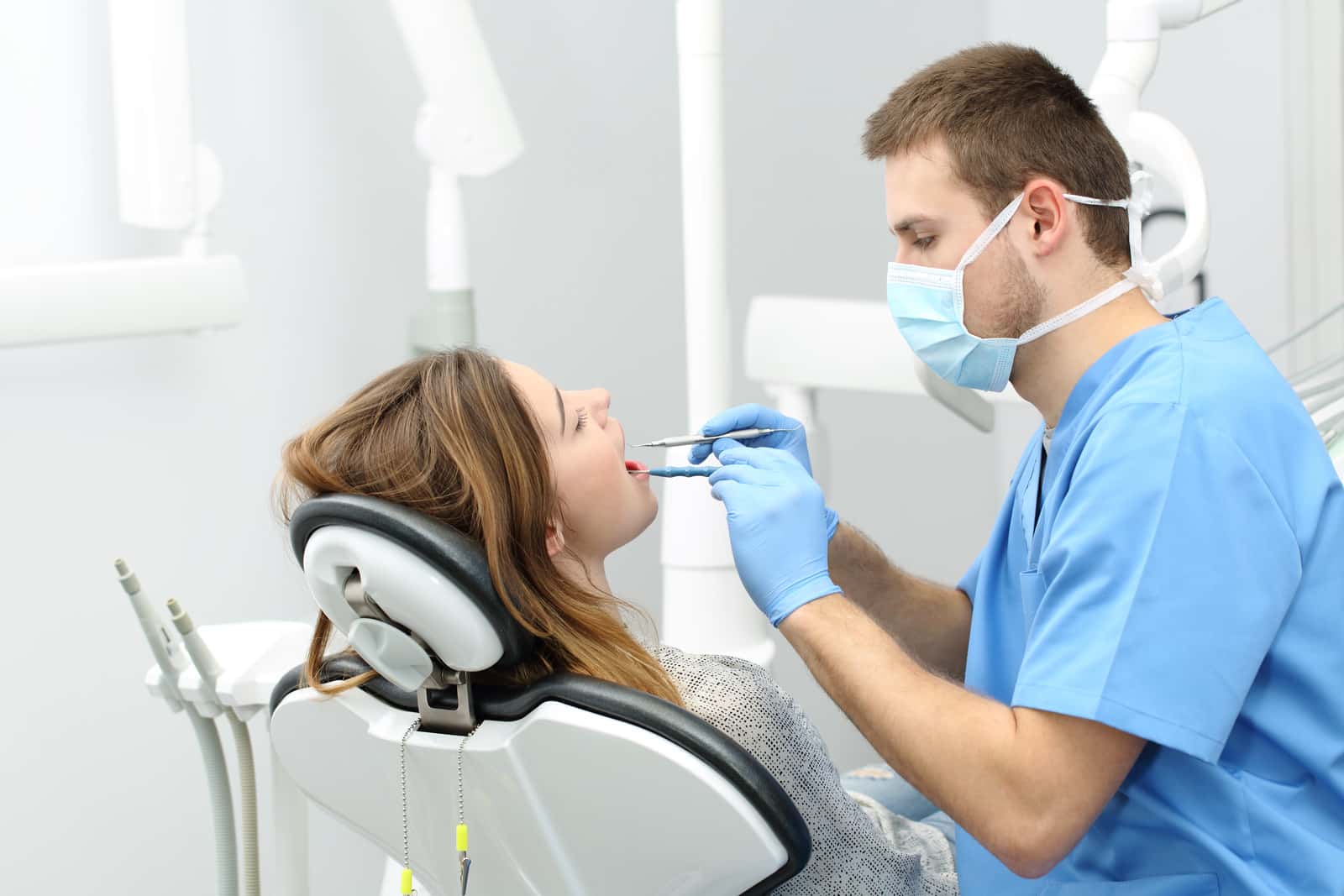Find Out About Regular Dental Issues Your Dental Practitioner Can Solve
Recognizing regular oral problems is crucial for maintaining ideal dental health and wellness. Issues such as cavities, gum tissue condition, tooth sensitivity, negative breath, and tooth decay are common yet frequently forgotten till they end up being serious. Regular dental visits and customized treatment plans can attend to these problems properly, making sure a healthier and brighter smile.
Tooth Cavities
Cavities, also known as oral cavities, are a common oral health concern triggered by the demineralization of tooth enamel because of acid production from microbial plaque. This process begins when bacteria in the mouth metabolize sugars and starches from food, generating acids that wear down the enamel. Otherwise resolved quickly, this disintegration can penetrate deeper right into the tooth, affecting the dentin and at some point the pulp, potentially resulting in severe discomfort and infection.
The beginning of tooth cavity formation commonly existing as white areas on the tooth surface, indicating initial demineralization. As the process progresses, these places can develop right into black or brownish lesions, indicating much more extensive decay. Routine dental check-ups are crucial for very early detection, as dental caries in their nascent phases can be treated with remineralization techniques, such as fluoride therapies.
As soon as a cavity has developed, restorative treatment is required. Dentists commonly get rid of the decayed section of the tooth and fill up the dental caries with materials such as composite material, amalgam, or ceramic. In a lot more extreme situations, a crown or origin canal treatment may be required. Precautionary steps, including excellent oral hygiene practices and dietary modifications, play a pivotal role in minimizing the risk of dental caries.
Gum Disease
While tooth cavities represent a considerable concern for dental wellness, another critical problem that demands attention is gum tissue illness. Likewise known as gum illness, periodontal disease is an inflammatory problem affecting the tissues surrounding and sustaining the teeth. It is mainly triggered by the build-up of plaque-- a sticky film of germs that bases on teeth.
Periodontal disease advances via phases, beginning with gingivitis, defined by soreness, swelling, and hemorrhaging gums (dentist in eugene oregon). If left unattended, gingivitis can escalate to periodontitis, where the inner layer of the gum tissue and bone pull away from the teeth, forming pockets that come to be contaminated. Over time, the contaminants generated by the germs damage down the bone and connective tissue that hold teeth in position, possibly causing tooth loss
Very early detection and treatment are vital. Expert oral cleanings and improved oral hygiene techniques, such as brushing two times everyday and flossing, can handle gingivitis. For advanced stages, therapies might include scaling and root planing, prescription antibiotics, or perhaps surgical treatments.
Regular dental exams play a crucial function in preventing and managing periodontal condition. Dental professionals can identify very early indicators and recommend ideal treatments, guaranteeing the upkeep of healthy and balanced gum tissues and general oral health and wellness.
Tooth Level Of Sensitivity
Tooth sensitivity influences millions of people worldwide, providing a common yet commonly stressful oral concern. This problem occurs when the enamel, the outer protective layer of the teeth, is compromised, disclosing the underlying dentin. The dentin consists of tiny tubules that lead directly to the oral pulp, where nerves live. When subjected to stimulations such as warm, chilly, pleasant, or acidic compounds, these nerves are caused, triggering sharp discomfort or pain.
Several variables contribute to enamel erosion and subsequent tooth level of sensitivity, consisting of hostile brushing, acidic foods and drinks, gum tissue economic downturn, and bruxism (teeth grinding) Additionally, oral procedures such as teeth whitening can momentarily heighten sensitivity.
Foul Breath
One more common oral concern that impacts people' every day lives is poor breath, medically termed bad breath. This condition can be especially stressful, impacting individual interactions and self-esteem. Halitosis often originates from poor oral health, which allows food fragments to stay in the mouth, promoting microbial growth. These bacteria generate sulfur compounds, resulting in unpleasant smells.

Dental practitioners play a critical role in detecting and dealing with bad breath. They can identify the source through a detailed evaluation and give tailored recommendations and therapy strategies. Referrals may include improving oral health methods, such as routine cleaning and flossing, making use of antibacterial mouth washes, staying moisturized, and attending to any kind of oral problems. In many cases, a recommendation to an expert may be necessary to deal with underlying health issue contributing to halitosis. Effective management of halitosis not just boosts oral health and wellness but also significantly boosts lifestyle.
Dental Cavity

Stopping dental caries involves a mix of excellent oral health methods and regular oral examinations. Brushing teeth at the very least twice daily with fluoride tooth paste, flossing to remove plaque between teeth, and limiting the intake of sugary foods and beverages are essential safety nets. Fluoride therapies, oral sealers, and specialist cleansings given by a dental practitioner can likewise play a significant function in fortifying enamel and avoiding decay.
Dental practitioners can remove corroded cells and bring back the tooth with fillings made from products such as composite resin, amalgam, or porcelain. By attending to tooth degeneration immediately, dentists help maintain dental framework and feature, making sure lasting oral health and wellness.
Verdict
Attending to usual oral issues such as dental caries, periodontal condition, tooth sensitivity, bad breath, and dental caries is vital for keeping optimal oral health and overall well-being. Dental experts have the expertise to identify and deal with these problems efficiently, making sure customized care for each individual. Regular dental examinations and safety nets are crucial in recognizing and managing these problems early, promoting a much healthier and a lot more certain smile over a life time.

Tooth decay, also known as oral decays, occurs when the enamel, the outer layer of the tooth, is eroded by acids generated by bacteria in the mouth. Brushing teeth at the very least twice daily with fluoride tooth paste, flossing to remove plaque between teeth, and limiting the intake of sugary foods and beverages are essential preventive procedures.Dealing with usual oral issues such as tooth cavities, gum illness, tooth level of sensitivity, negative breath, and tooth decay is crucial for keeping optimal oral health and total wellness.